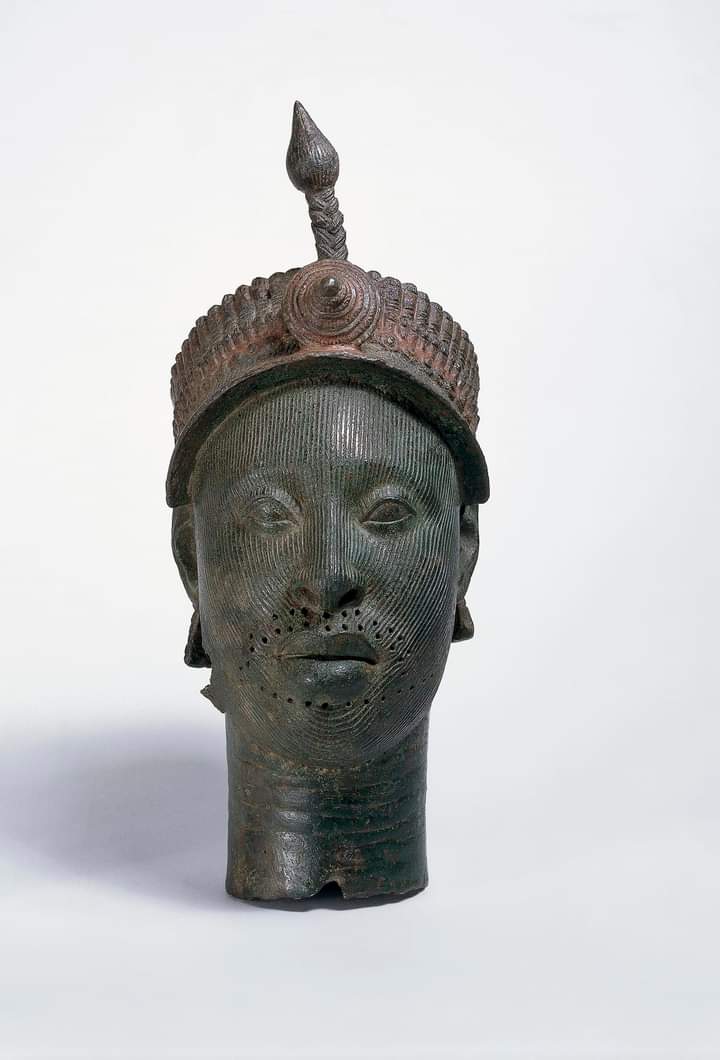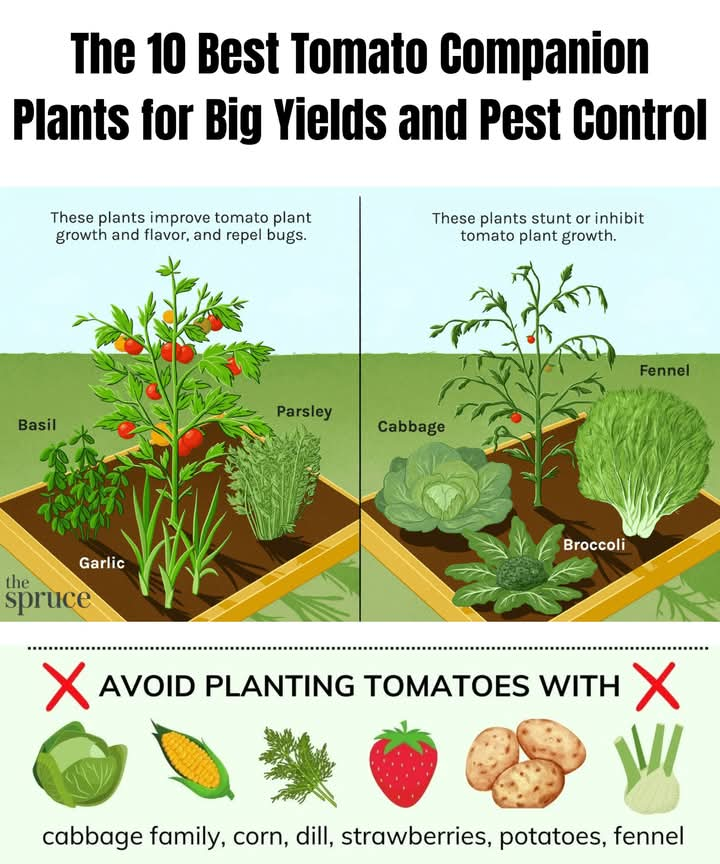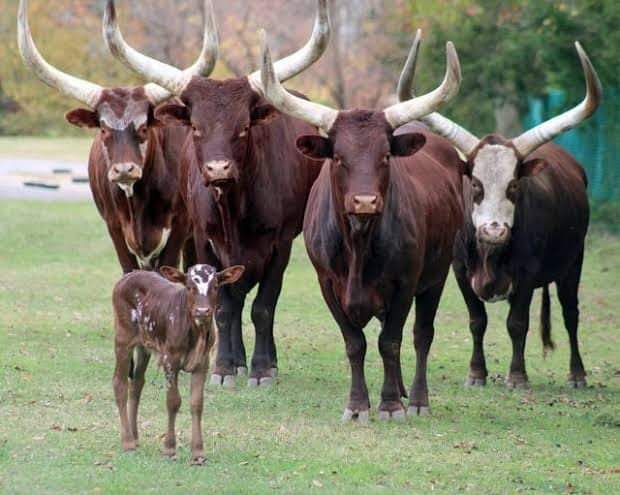Ankole-Watusi Dairy Cow and Its Business Potential In Nigeria
Ankole-Watusi Dairy Cow and Its Business Potential In Nigeria
The Ankole-Watusi, often referred to as the “Cattle of Kings,” is a unique breed of cattle originating from East Africa, particularly in regions like Uganda, Rwanda, and Burundi. Known for their strikingly large, curved horns, these cows are a symbol of wealth and status among the Ankole people. In recent years, the Ankole-Watusi has gained attention globally for its potential in dairy farming and agribusiness.
Key Characteristics of Ankole-Watusi Cows
1. Physical Attributes
Horns: Their massive horns, which can span up to 8 feet, help regulate body temperature.
Size: Medium-sized with sturdy frames; bulls weigh between 450-730 kg, while cows weigh 300-550 kg.
Color: They come in diverse shades, including reddish-brown, white, or spotted patterns.
2. Adaptability
These cows are highly resistant to harsh climates, including drought, making them ideal for tropical and semi-arid regions.
Their resilience to diseases common in Africa reduces veterinary costs.
3. Milk Production
Ankole-Watusi cows produce milk with high butterfat content (up to 10%), making it suitable for cheese, yogurt, and other dairy products.
However, their daily milk yield is relatively low (2-5 liters), which can be improved by crossbreeding with high-yield dairy breeds like Friesian or Holstein.
4. Temperament
Generally docile, making them easy to handle in farms.
Business Potential of Ankole-Watusi Dairy Cows
1. Dairy Production
Though their milk output is moderate, the high butterfat content creates niche opportunities for premium dairy products.
Crossbreeding programs can enhance milk yield, combining Ankole’s resilience with high-yield dairy traits.
2. Meat Production
Their lean and flavorful meat can be marketed as a premium product in local and international markets.
The Ankole breed can be used in organic and free-range beef farming systems.
3. Cultural and Tourism Value
In Africa, Ankole-Watusi cattle are part of cultural heritage. Farms showcasing these majestic animals attract tourists and researchers.
Their iconic horns are valuable for art, jewelry, and decorative purposes.
4. Genetic Export and Breeding
Their genetics are in high demand for breeding programs aimed at improving resilience in other cattle breeds.
Exporting live animals or semen to farmers in drought-prone regions offers lucrative business opportunities.
5. Sustainable Farming
Ankole-Watusi cattle thrive on low-quality forage, reducing feeding costs.
Their minimal resource needs align with sustainable agriculture practices.
Challenges in Ankole-Watusi Dairy Business
1. Low Milk Yield
While their milk quality is excellent, the quantity is a limitation. This can be mitigated by crossbreeding.
2. Market Awareness
Consumers need education on the value of Ankole products (e.g., milk, meat, and cultural tourism).
3. Breeding and Conservation
Pure Ankole herds are declining due to crossbreeding, posing a challenge to maintaining their genetic purity.
4. Initial Investment
Procuring Ankole-Watusi cattle can be expensive due to their prestige and limited availability.
Steps to Establish a Profitable Ankole-Watusi Dairy Business
1. Farm Setup
Ensure the farm is located in a region with a suitable climate and access to water.
Develop paddocks for rotational grazing and shade to protect the animals from extreme heat.
2. Breeding Strategy
Start with pure Ankole-Watusi cattle for breeding.
Use artificial insemination or controlled crossbreeding for hybrid vigor and improved milk production.
3. Value Addition
Invest in processing facilities to produce butter, cheese, and yogurt from the high-fat milk.
Partner with local markets and cooperatives to sell products directly to consumers.
4. Marketing and Branding
Highlight the unique traits of Ankole-Watusi products: organic, premium quality, and cultural heritage.
Utilize social media and farm tourism to create awareness.
5. Partnerships and Support
Collaborate with agricultural extension services and veterinary experts for herd management.
Seek government subsidies or grants for indigenous livestock farming.
The Ankole-Watusi cow is not just a cultural icon but a promising asset for sustainable and profitable farming. By combining its natural resilience with modern farming techniques, entrepreneurs can tap into the growing demand for premium dairy and beef products. With proper planning and innovative marketing, the Ankole-Watusi dairy business can be a game-changer in the agricultural sector.




